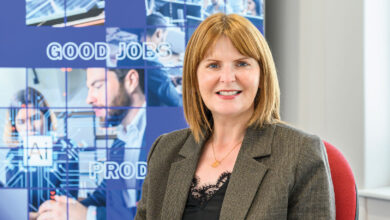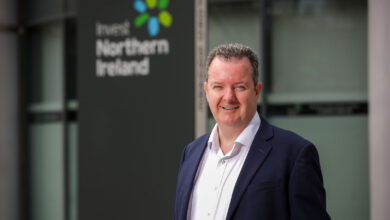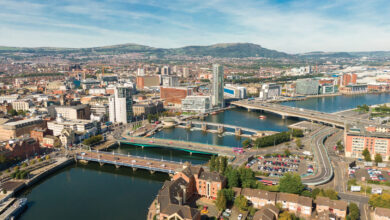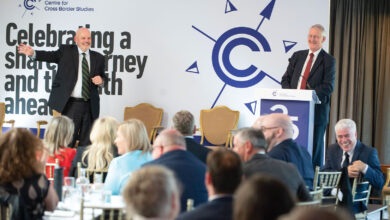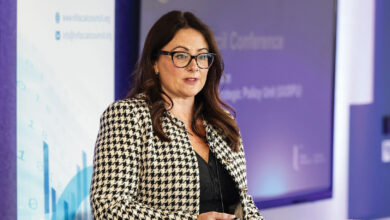Economy
Firms hiring rate increases
Firms hiring rate increases
A recent economic survey suggests that despite a major slump in manufacturing, businesses are hiring at their fastest rate in 14 months.
Ulster Bank’s latest purchasing managers index (PMI) for November suggests that Northern Ireland’s private sector saw a bump in November, with output, new orders and job levels rising faster than in previous months. However, despite this growth, only two regions, the North East and North West of England, recorded lower overall activity levels.
Speaking about the survey’s findings, Ulster Bank’s Chief Economist Richard Ramsey claimed that the accelerated growth still remained below the pre-recession historical average and that overall headline figures paint a “mixed” picture.

